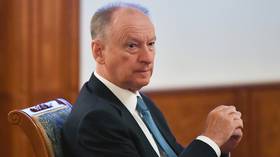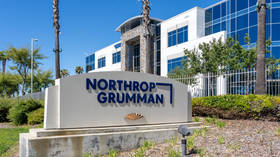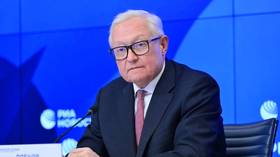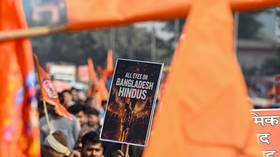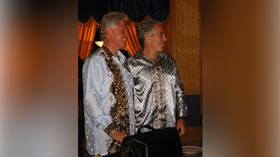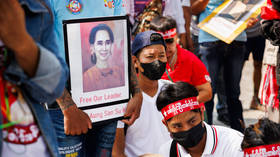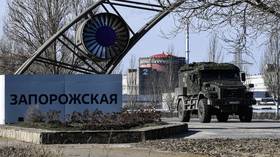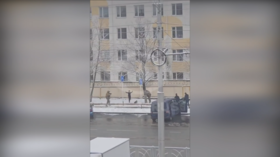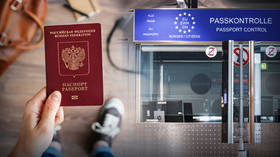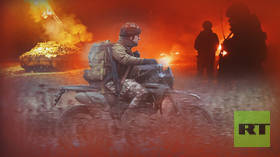EU and NATO to futher strengthen ties
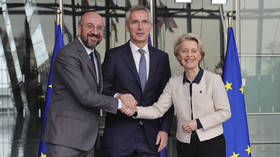
The European Union and NATO on Tuesday signed a declaration on cooperation, vowing to take their partnership “to the next level” and promising continued support to Ukraine in its conflict with Russia.
The declaration was signed by NATO chief Jens Stoltenberg, President of the European Council Charles Michel, and President of the European Commission Ursula von der Leyen at a ceremony in the US-led military bloc’s headquarters in Brussels.
Asserting that “NATO and the EU play complementary, coherent and mutually reinforcing roles,” the document says they “will further mobilize the combined set of instruments at our disposal, be they political, economic or military, to pursue our common objectives to the benefit of our one billion citizens.”
The two organizations claimed that their “interests, values and democratic principles” were being challenged by “authoritarian actors,” singling out Russia and China as the biggest threats they supposedly face. The conflict in Ukraine “undermines European and global security and stability” and thus warrants increased NATO involvement on the continent, the document said.
NATO was founded in 1949 as a US-led military alliance aimed against the Soviet Union. The EU’s forerunner, the European Coal and Steel Community, was established two years later. The Warsaw Treaty Organization, a Soviet-led response to NATO, was created in 1955 and dissolved in 1991. In the 1990s, the EU became a political bloc, while NATO started expanding into Eastern Europe in what Moscow regarded as an existential threat and a violation of promises it was given when the Cold War ended.
The Russian government has said NATO’s creeping expansion into Ukraine following the 2014 coup was a key reason for the current military operation. Russian officials have also lamented the EU’s transformation from an economic and political organization into an extension of NATO.
Foreign Minister Sergey Lavrov argued last month that NATO had returned to its original purpose of keeping “Russia out, the Americans in, and the Germans down,” as formulated by its first secretary general, Lord Ismay.
“Nothing has changed. They want to keep the Russians out of Europe, the Americans … have enslaved the entire Europe, and not only Germany, but the entire EU is kept under control,” Lavrov said in an interview.
European membership in the two blocs largely overlaps. Austria, Ireland, Finland and Sweden are in the EU but not in NATO – though the latter two have applied for membership. Meanwhile, Albania, Norway, the UK, Türkiye, and two former Yugoslav republics – Montenegro and North Macedonia – are in NATO but not in the EU.
